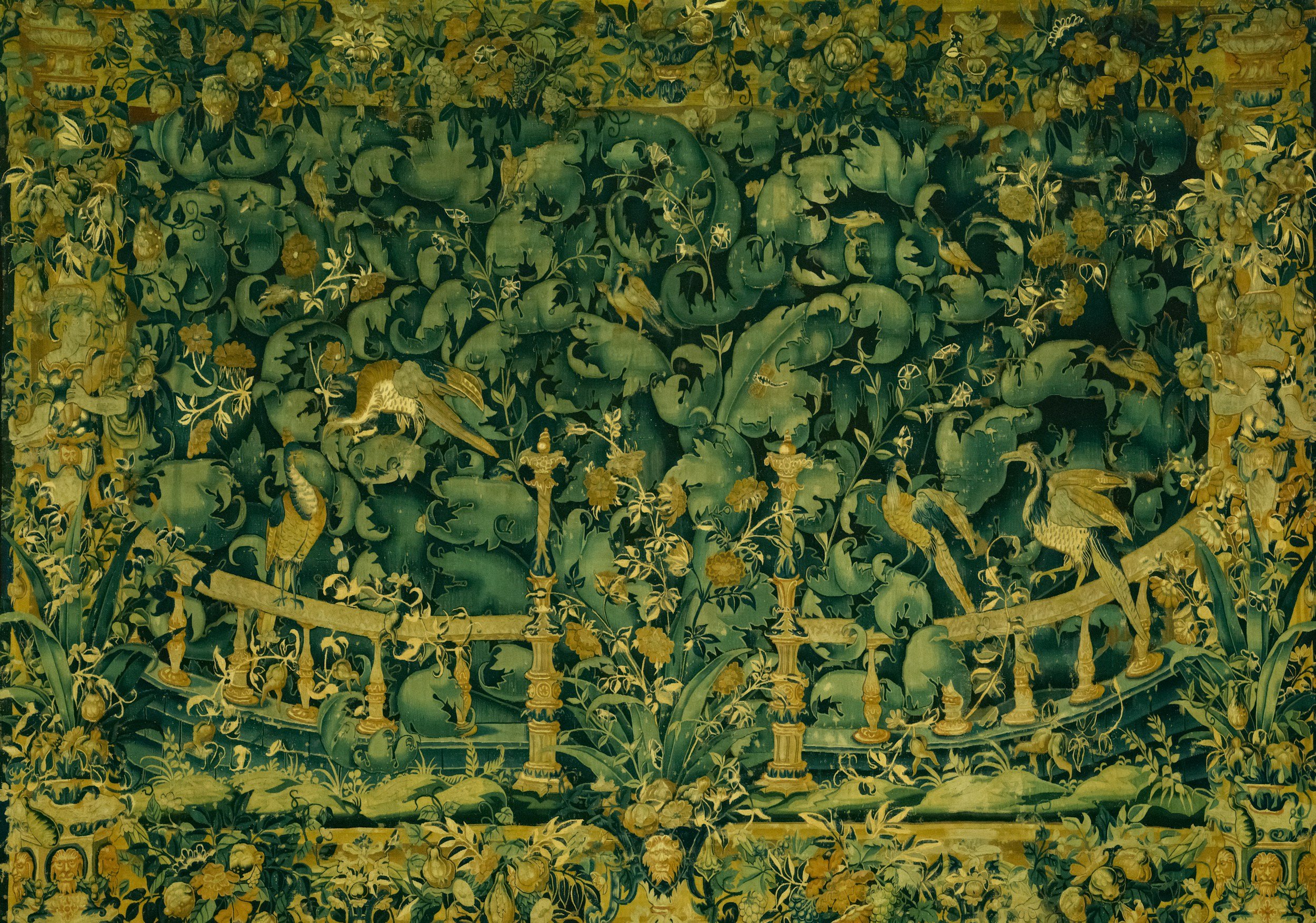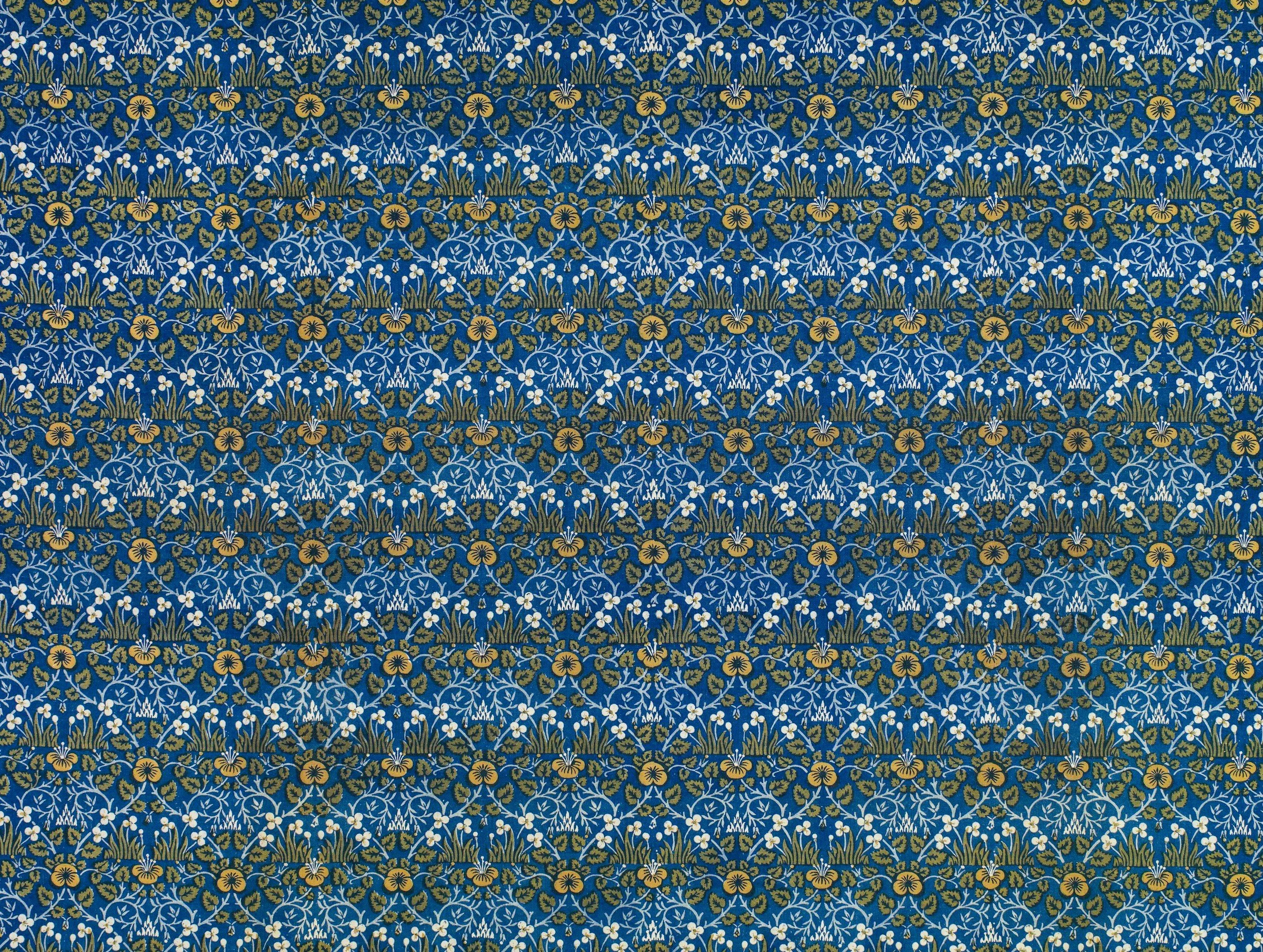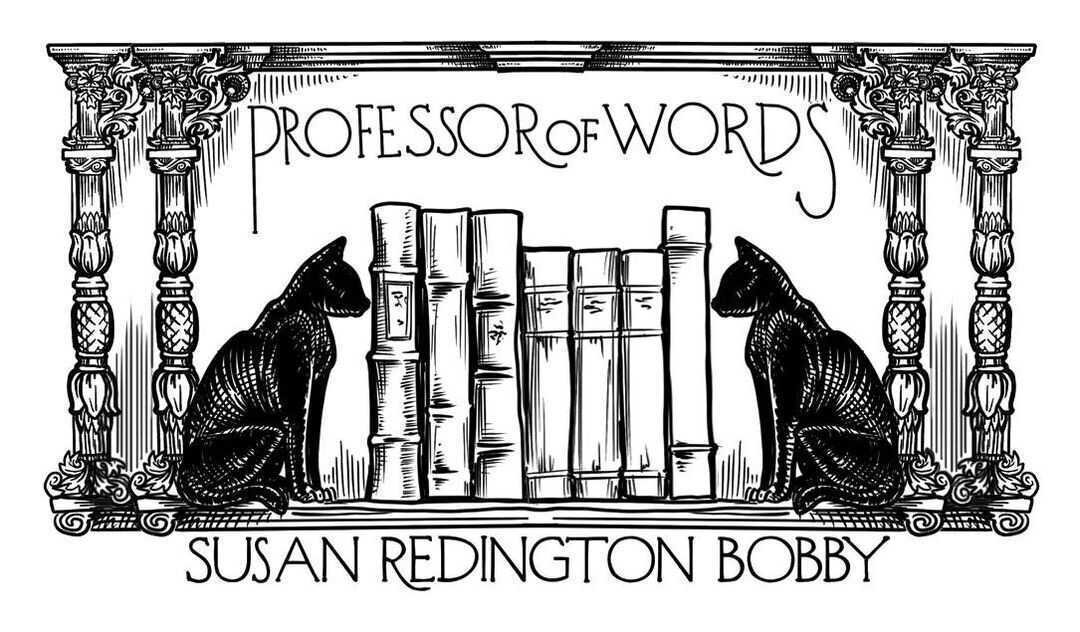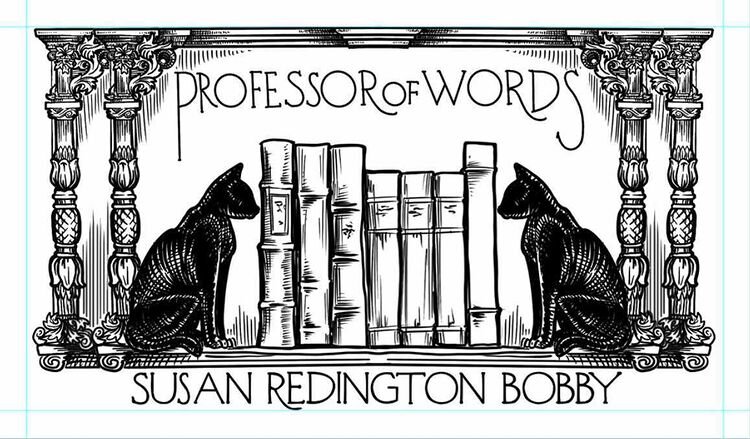
The Library: Free Content

Greek God Archetypes
The following material provides a brief summation of each Greek god archetype’s traits from Jean Shinoda Bolen’s Gods in Everyman book (highly recommended if you want to study more on this subject). I’ve also provided my interpretation of the material where applicable. As you read through, think about whether you recognize these traits in yourself, in anyone you know, or in fiction, film, or television series characters:
ZEUS: A listing of his archetypal traits
*god of the sky, the realm of will and power. The sky's the most powerful place from which to rule as one leaves the earth to do so. He was god of lightning and his symbol is the thunderbolt; he brought rain and could be punitive or generative. He was strategic and very powerful. Those who fit this archetype will have the following traits:
*ambition and the desire to preside over a realm.
*”a man’s home is his castle” translates to wanting to create a traditional home environment while putting certain duties off to others, particularly to women
*he creates a family over which he presides. He may take risks. He is his own boss and balks at being controlled by others.
*people can come to this power from “nothing” if they have the desire to build. King Arthur fits the archetype. Others who have built empires out of seemingly nothing fit it. OR the person can come to the power by birthright, but if so, they will want to alter the way they run things and to expand their rule.
*the eagle is another symbol. It flies high above the ground, observing, ever-watching big and small things.
*decisive actor; can forge alliances, his word matters and is his bond. He can “call in favors” and is reminiscent of The Godfather.
*marriage is about forming alliances, not about love or the heart. The Zeus-Hera marriage is doomed to fail because the archetypes are at cross purposes.
*he has a streak of the philanderer: he has conquests, achieves them, then goes back to work.
*he has a strong drive to have children or those who will be obedient and carry out his will. He is a mentor father and takes pride in those he teaches. His rule is authoritarian.
*with women he is not egalitarian. He expects obedience to some extent. An “alpha male” he sees other men as players in the game, fellow competitors, strategists.

HADES: God of the Underworld, and the realm of the souls and the subconscious.
*It was considered unlucky to say his name, so he had many others, such as "the Unseen One."
*he is the archetype of the recluse. Either he lives a lonely, depressed existence and feels no worldly connections, or he is hermit by choice, who adapts and lives this way with purpose, especially if he has what he needs around him.
*The hermit by choice type is more artistic, creative, a good reader of people.
*When he is above in the world, he moves almost invisibly. He is unexpressive and hides the "riches" underneath, even his personality.
*if his Zeus connection is strong, though, he may exploit his King-like tendencies and become an abductor, carrying out the shadow side of Zeus.
*he can play the role of "imaginary lover": a person might have imaginary conversations with him that are a source of creativity and inspiration for them. This often represents women who are less likely to have a flesh and blood lover. He represents safety as he is a "ghostly" lover.
*the Underworld itself: a place of depression, the shadow world, the realm of the dad, and the personal and collective unconscious.
*Hades men are not good at flirting, but they can fall hard for someone. They lack strong relationships with other men. They are loners.
*He is different but not a victim.
*His sexuality is very complex: he can be chaste and asexual or very powerfully sexual if he is connected to Dionysian potential.
*If in a reciprocated love, he will marry. Like Zeus and Poseidon archetypes, establishing order and a house is important.
*In myth, he had no children. In the archetype, he might have children, more likely won't. If he has them, he may be strongly patriarchal.
*He may suffer from inferiority complex, sleep disorders, invisibility, emotional aridity, distortions of reality.

APOLLO: god of the sun, archer, lawgiver, favorite son, Artemis’ twin, god of prophecy
*one who masters skills, can see from afar, values order and harmony, looks at the surface rather than underneath, values thinking over feeling, distance over closeness, good at goal-setting.
*often blond! but if not carries that energy, the energy of "the favored" (side note here...in fairy tale culture, blond/blonde is seen as favored in so many classic tales. Blond(e) = good, and one reason I've read about that comes from Marina Warner who wrote about how rare true blond(e) hair is and how that might be a reason behind its favored status in European tales).
*sometimes a musician, the bow and lyre are associated with him
*upholds law and order, may be an idealist, opposes chaos and turbulence
*may be emotionally distant; has sibling rivalry (in myth this is with Artemis) but it's more of a buddy relationship than negative; he is able to help men work in teams
*he may look physically like a hero but doesn't act like a typical hero. (NOTE: If you know the Battlestar Galactica reboot, this is Lee Adama, the fighter pilot, aka "Apollo", all the way. Remember Lee even leaves the military briefly to be...a lawyer.) He is usually humble, successful, good at gaining approval.
*May naturally drift to an Artemis archetype significant other. They are well-matched as friends or lovers. He is not necessarily "the best lover", because he lives in his head and not his heart. It's a good marriage if the partner doesn't expect much emotional depth. Is a good or neutral father. The dark side of Apollos is that they may be attracted to one they can control.
*Gets along well with men and drives them to be competitive. Great team player but enjoys it when he is the star.
*Shadow side qualities: narcissism, emotional distance, arrogance, even venom. These are triggered if he is hurt or humiliated. Homer called his arrows "winged serpents." In myth, if honor was not given to him, he would retaliate.

ARES: god of war, warrior, dancer, and lover
*lover of Aphrodite (if you know the her archetypal traits, you can see how this is a volatile combo--both amazingly powerful and yet potentially destructive)
*hero warrior type or brawler, he is the epitome of aggression: he hits first
*passionate, physical, acts with totality in terms of the emotion and lust of the moment
*he was a dancer before he was a warrior, which indicates his physicality over his intellect
*a "rejected son" of a "sky father", he is a protector
*often a difficult child when young, loud, aggressive, the hormones of adolescence bring out his impulsive, aggressive physical side and his sexuality
*in work, drawn to action and tools, but enjoys moving around. Can be bored or restless easily. NOT a corporate person. May join the military, become a pro athlete, do construction or a similar physical job (if you know the movie Snow White and the Huntsman, the Huntsman is a powerful example of an Ares archetype. By the end of the movie, though, he may be coming out of that archetype and morphing into another based on his connection with Snow White).
*friendly with women, but not usually FRIENDS with women. Friends with men as long as their time together doesn't run too deep
*A very striking quote from Dr. Bolen: "Whether an Ares man loves women or beats them up depends on what happened in his childhood."
*marriage--not much thought put into it. They do it by gut or don't. They don't think ahead. They can destroy a marriage without thinking much about it
*they often father children without intent. If they have a successful family life, they are more devoted fathers.
*difficulties for them: too strong of identification with being a war god, the "abused abuser", the scapegoat, ramifications of being in the wrong occupation, unmet life expectations, and alcohol abuse. (caveat on alcohol use: for some Ares, alcohol releases inhibitions and makes them playful and less aggressive; for others it unleashes the abuse latent in them). Overall they are MUCH governed by whether they suffered abuse in childhood AND whether or not they have dealt with that (in therapy of some sort).





